Fabric selection should be a priority in deciding whether or not to own a suit. If possible, choose natural materials. In addition to being environmentally friendly, these fabrics also create a pleasant feeling for the wearer, give them more coolness and a higher aesthetics.
I. Natural material
I. Wool fabric
Pros: elegant and natural. Good air circulation (advantage cannot be ignored).
Cons: None, except for the cost of some high quality wool fabrics.
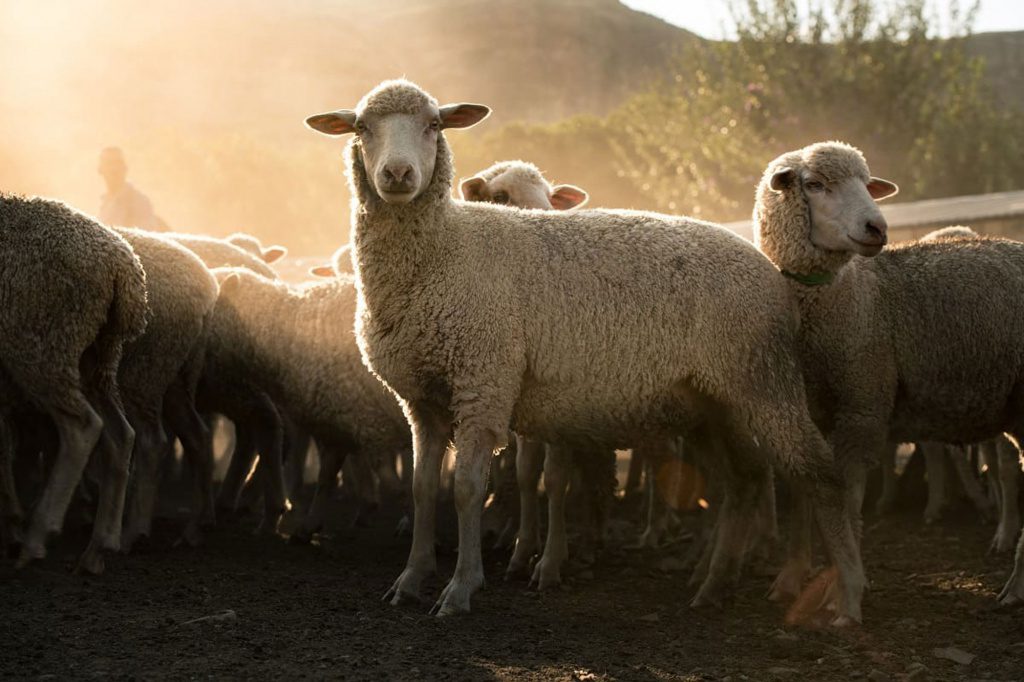
II. Linen fabric
Pros: suitable for sewing summer clothes. Sweat. Machine washable.
Cons: Easy to crease, this feature cannot be overcome.
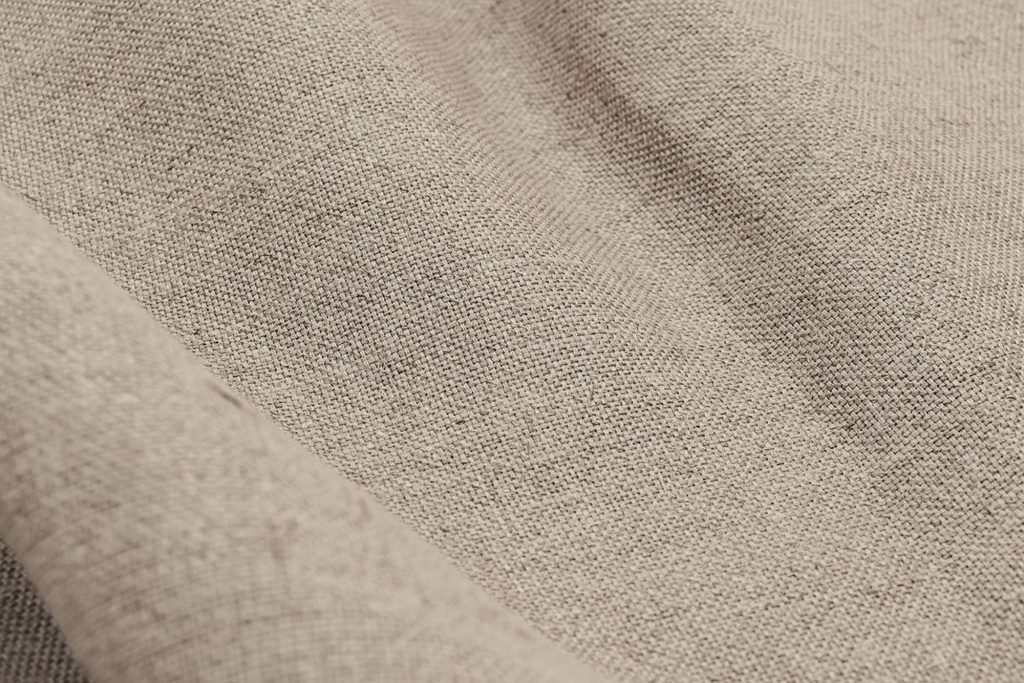
III. Cotton fabric
Pros: Suitable for comfortable clothes. Not as cool as linen but also machine washable.
Cons: Easy to crease, but better than linen.
II. Synthetic
I. Polyester, nylon fabric
Pros: High durability, less wrinkles. Low cost (seems always a good choice at first).
Cons: rough fabric, not breathable, poor heat regulation.
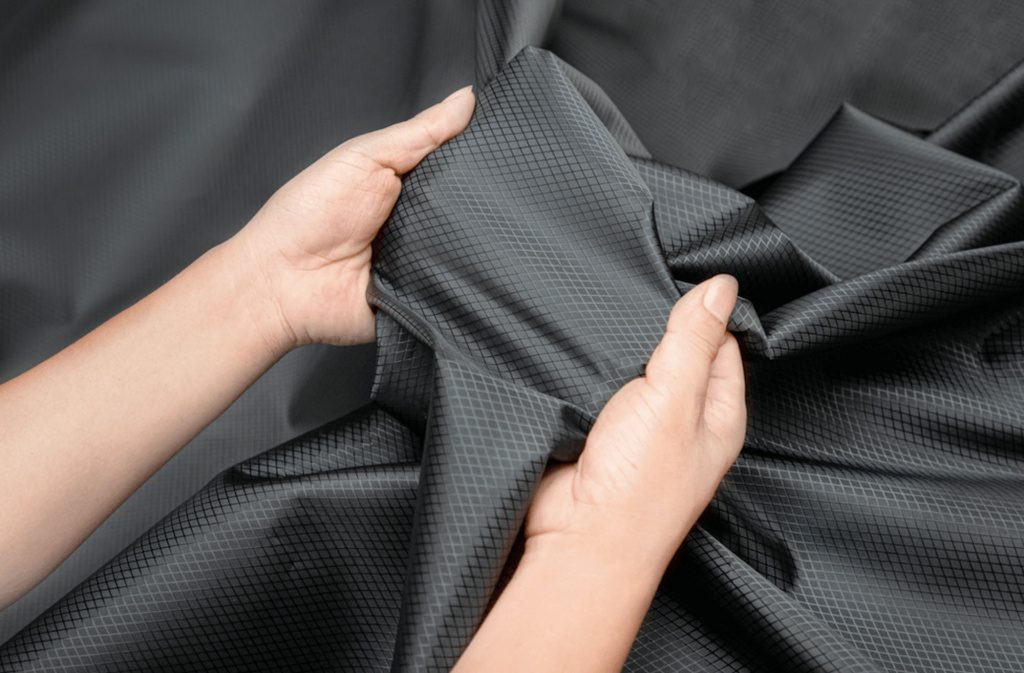
II. Elastane fabric
Pros: Low fabric density makes the fabric soft.
Cons: Similar to Polyester.
III. More luxurious materials besides wool
I. Mohair fabric (made from Angora goat hair)
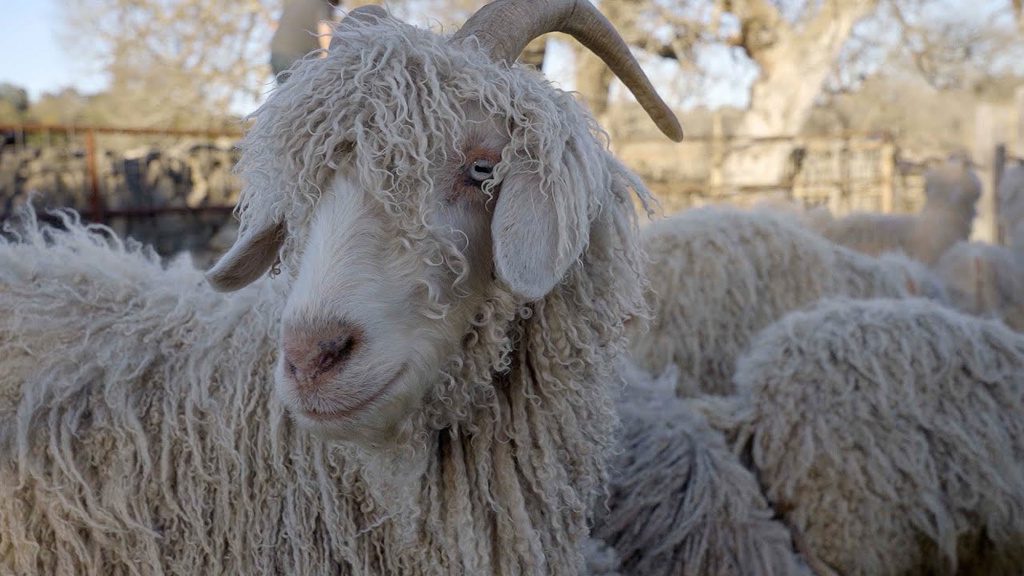
Pros: The fabric is a bit glossy. retains heat well. Good stretch and less crease.
Cons: high price. Do not choose too shiny. Should be carefully preserved.
II. Cashmere fabric (made from Cashmere goat hair)
Pros: Very soft (suitable for sensitive skin).
Cons: The price is very expensive. Should be carefully preserved.
III. Alpaca fabric (made from the hair of a small camel)
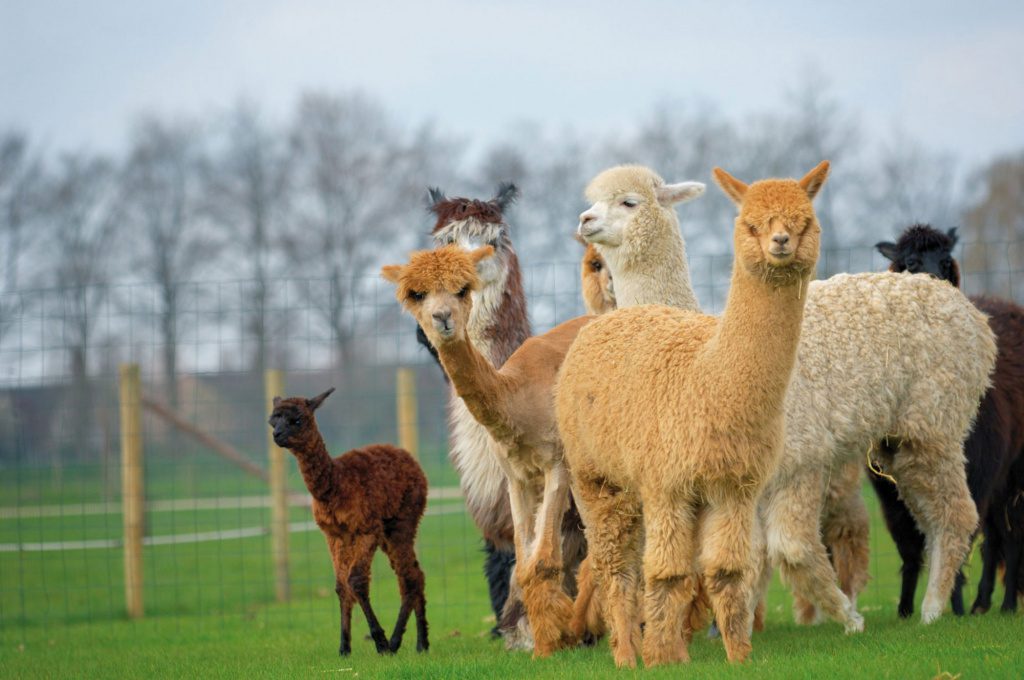
Pros: Extremely soft and light. Durable.
Cons: The price is very expensive. Should be carefully preserved.


I like